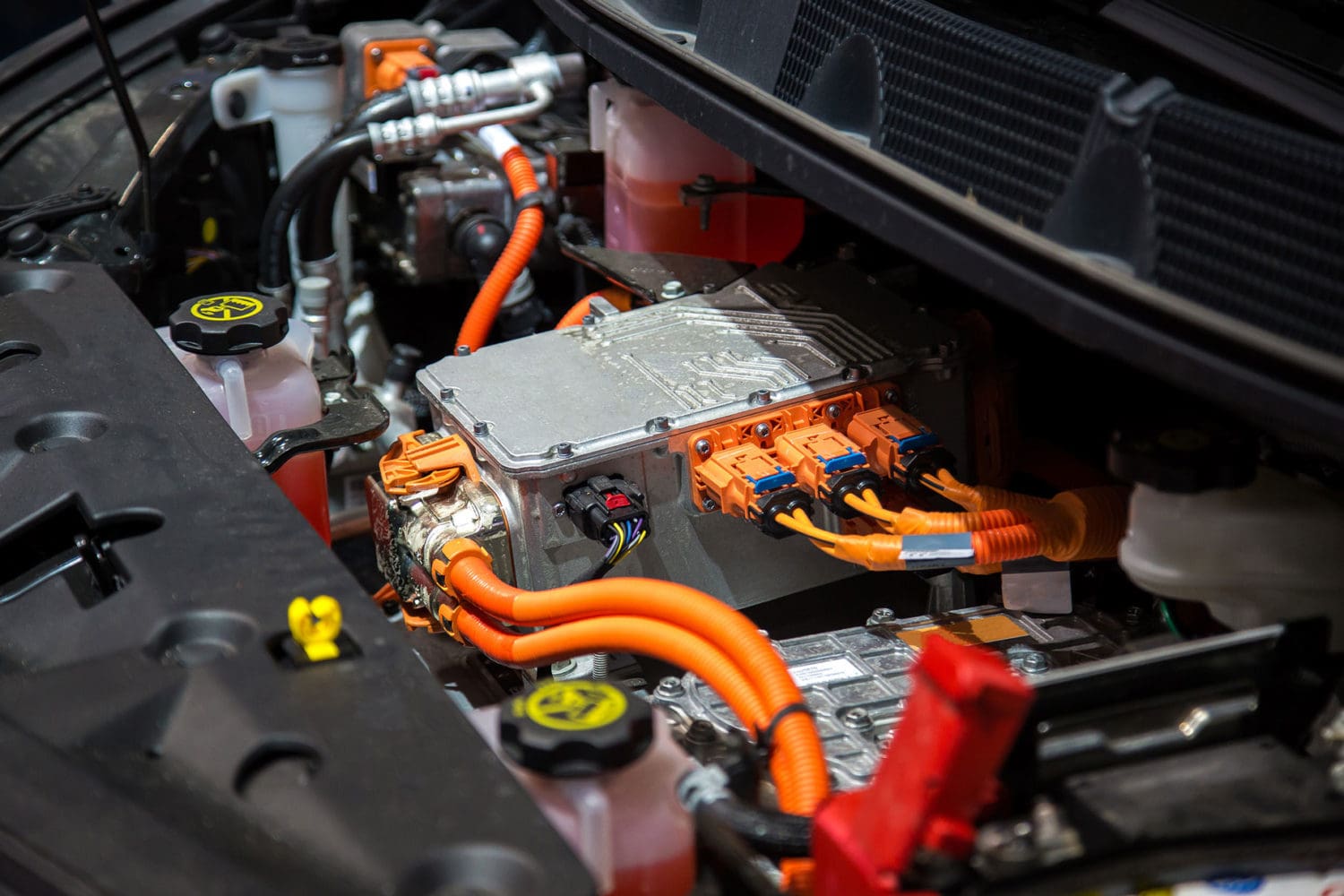
This month, I’ve spent a bit of time on the road with two visits that got me thinking further about the state of electrification.
The first of these was to the second annual Fully Charged Live event at Silverstone, the real-world spin-off from the popular Fully Charged youtube channel run by former Red Dwarf actor and electric car expert Robert Llewellyn. I’m not quite sure how you’d categorise Fully Charged Live – it has elements of motor show, conference, industry trade fair and quite a bit more besides, including test drives. The organisers themselves call it a “festival of clean energy tech and electric vehicles”. In other words, there was something for everyone – everyone, that is, who is interested in electric cars and cleaning up the planet.
Given that the youtube channel has almost half a million subscribers, I don’t suppose there was ever going to be too much difficulty packing out the Silverstone Wing building, which housed the indoor parts of the show, although near-torrential rain certainly put a dampener on some of the outdoor activities.
This year’s event was quite a bit bigger, and better organised than last year’s, but still without being too formal and ‘corporate’. Most trade events have plenty of people who look like they are only there because they have to be, and would much rather be somewhere else. There’s none of that at Fully Charged Live, where pretty much everyone seems to be interested in the subject and an enthusiast.
This year I was particularly struck by the expanded area devoted to exhibitors’ stands, the sheer number and variety of which showed how electric cars increasingly constitute a whole industry, rather than just a product – from specialised electric car insurance to home charging points, from electric car hire and financing deals to home solar and battery storage, from executive recruiters specialising in the electric vehicle industry to software and apps. There was even a Jaguar stand, which must count as something of a coup, given that Jaguar Land Rover pulled out of the Geneva Motor Show and has been a no-show at other recent industry events.
My second trip, to the outskirts of Coventry, was to see the factory that makes the TX, the electrified successor to generations of London black cabs. While the TX broadly keeps the familiar silhouette of its predecessors, that’s where any similarities end. Previous London taxis were crude affairs, full of the sorts of compromises traditionally associated with low-volume British car production. The TX, by contrast, benefits from the financial and engineering muscle of the Chinese group Geely, which owns Volvo, Polestar, Lotus and Proton, as well as making lots of cars under its own name for its home market. The taxi itself is a very polished product indeed, and with its electrified drivetrain and back-up range extender petrol engine, it’s a lot cleaner than the old diesel models used to be. It’s also far cheaper to run; drivers can apparently save approximately £110 a week in fuel by switching to the new cabs, although the up-front cost, at between £57,000 and £59,000, is high.
A visit to the factory, run by Geely’s London Electric Vehicle Company (LEVC), emphasises the extent of the investment going into the TX and its manufacture. It’s a large, spacious modern facility, and unusually quiet and unhurried for a vehicle plant. That’s probably because there’s no welding, or noise and heat that would normally be brought with it. The TX instead uses a bonded and riveted aluminium structure, visible beneath its traditional clothes when you see one in a part-assembled state on the line.
And if you think an advanced modern electric platform like that is too good to be confined to a small numbers of London taxis, you’d be right. The cabs are selling in other UK cities and abroad, and LEVC has recently announced that it will produce a van on the same base as the TX, but with a raised roofline, sliding side doors and opening tailgate.
The conclusion to be drawn? The momentum towards electrification now seems to be unstoppable. I just can’t see what could switch off the sort of intense enthusiasm for electrification I saw at Fully Charged Live, and LEVC seems to be staking its whole future on electrification, too. Its only vehicle is an electric cab, albeit one with a range-extender. I’m sure there will be a few bumps along the way, but I don’t think there’s any turning back now.
© Motorworld Media 2023
Registered Office: 4 Capricorn Centre, Cranes Farm Road, Basildon, Essex. SS14 3JJ
Company Number: 8818356
Website designed by Steve Dawson